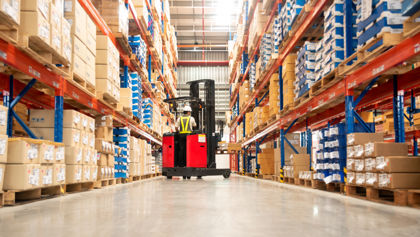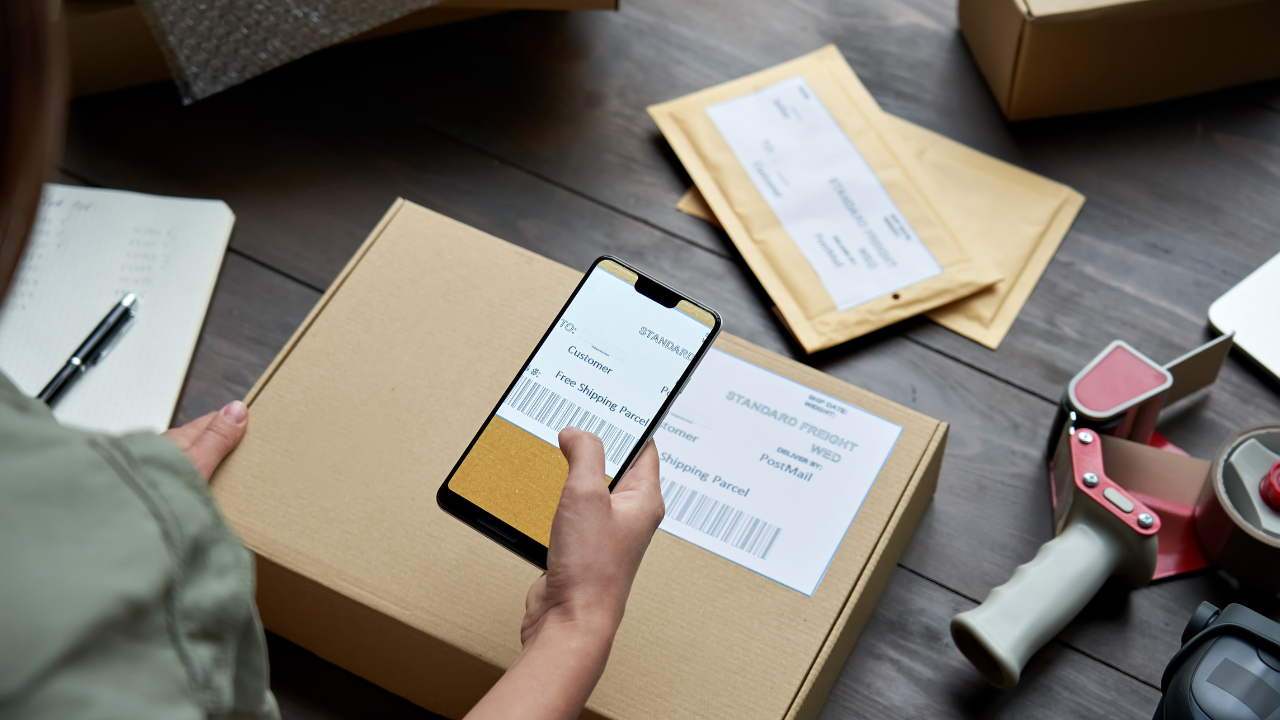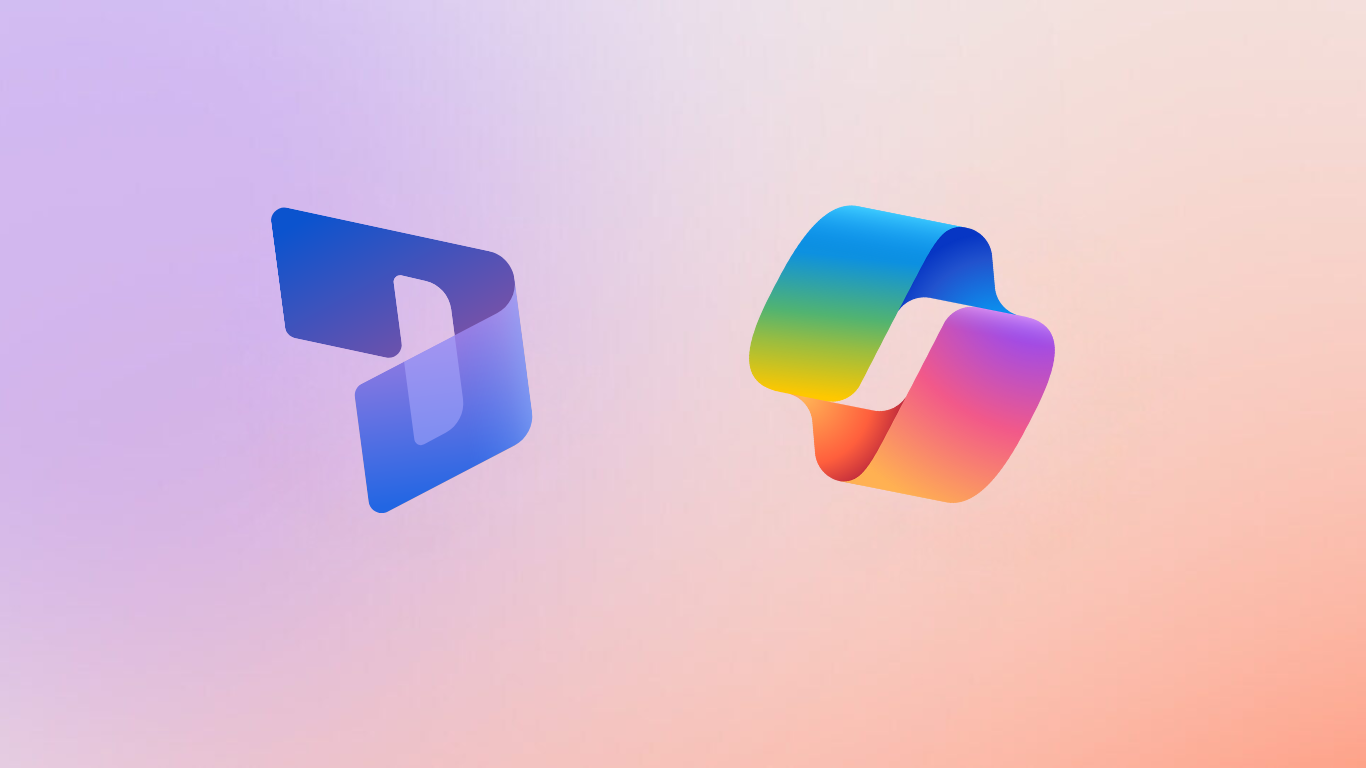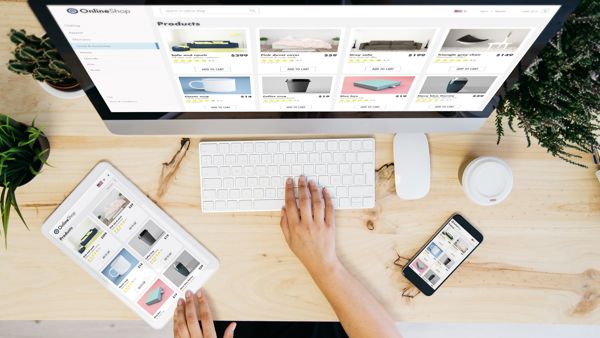Meet some of our Retail & Distribution Customers
Seven Steps to Boost Customer Retention in Retail & Distribution in 2025
In 2025, the key to success in retail and distribution is not just attracting new customers. It's also about keeping the customers you already have.

Customer retention has never been more important.
With rising competition, changing consumer behaviours, and a landscape increasingly dominated by technology, customer retention has never been more important.
But how can retailers and distributors ensure their customers stay loyal in a world of endless options? Let’s explore the strategies and trends that will shape successful customer retention efforts in 2025 — and how Microsoft Dynamics 365 can be the secret weapon to supercharge your efforts.
Table of Contents
Personalised Marketing
2Loyalty Programs That Go Beyond Discounts
3Creating a Seamless Omnichannel Experience
4The Power of Customer Feedback and Engagement
5Sustainability and Ethical Practices
6Technology at the Forefront: AI, AR, and Beyond
7The Bottom Line
Personalised Marketing
The Future of Customer Relationships
In 2025, personalisation will be the cornerstone of customer engagement. As customers become more selective about their chosen brands, offering a tailored experience is no longer optional—it’s essential.
For example, brands that use AI-driven recommendation engines can suggest products based on customers’ past behaviours, preferences, and purchase history. Imagine walking into a store (or logging into an online store) where the products displayed are just right for you. That’s the kind of experience customers increasingly expect, and it keeps them returning for more.
Similarly, email and SMS marketing will continue to thrive, but with a more personalised touch. Automated emails that greet customers on their birthdays, remind them of abandoned carts or send personalised offers based on browsing history will help retailers stay at the top of their minds. Customer segmentation—dividing your audience into smaller, more specific groups based on behaviour or preferences—ensures your messages are always relevant and timely.

How Dynamics 365 Helps:
Microsoft Dynamics 365 Marketing integrates seamlessly with your sales data to create highly personalised campaigns. The platform uses AI and machine learning to predict customer behaviour, automate lead scoring, and precisely segment your audience. With real-time insights and a unified view of customer interactions across multiple channels, Dynamics 365 allows you to tailor your marketing strategy for each customer, ensuring that every message hits the mark.
Loyalty Programs That Go Beyond Discounts
In 2025, loyalty is about more than just earning points for discounts—it’s about creating a community of brand advocates. Customers want to feel appreciated, and they’re more likely to remain loyal if their efforts are rewarded in a meaningful way.
One approach gaining traction is tiered loyalty programs. These programs reward customers not just for purchasing but for engaging with the brand in multiple ways—whether that’s referring friends, leaving reviews, or sharing on social media. Offering exclusive perks, early access to sales, or even behind-the-scenes content can make customers feel like VIPs, motivating them to keep coming back.
In addition to traditional rewards, gamification is an innovative way to enhance loyalty programs. By introducing elements like points, challenges, or badges, brands can make the customer experience more interactive and engaging. It's not just about rewards anymore, but about fun, engagement, and recognition.

How Dynamics 365 Helps:
With Dynamics 365 Customer Insights and Dynamics 365 Commerce, you can create robust loyalty programs that are highly personalised. These tools aggregate customer data across various touchpoints, providing you with a deep understanding of customer preferences and behaviours. Using these insights, you can tailor loyalty rewards, gamified experiences, and personalised offers that resonate with individual customers—encouraging them to engage more frequently with your brand.
Creating a Seamless Omnichannel Experience
Today’s consumers don’t see the difference between online and in-store experiences. They expect to interact with your brand seamlessly, no matter where they are. If they start a purchase online, they should be able to finish it in-store—or vice versa—without missing a beat.
In 2025, omnichannel strategies will be critical for retention. This means providing customers with a consistent and personalised experience whether they’re shopping via your website, mobile app, or in-store. Click-and-collect services, where customers order online and pick up in-store, will continue to be a huge driver of convenience and loyalty.
But it doesn’t stop at just integration. Retailers need to use data from various touchpoints to build a 360-degree view of the customer. For example, if a customer browses a specific product on your website but doesn’t purchase it, a follow-up email or push notification might offer them a discount or more information. Using data to predict what customers might want next allows you to create a hyper-relevant experience that makes it easier for them to stay engaged with your brand.
How Dynamics 365 Helps:
Dynamics 365 Commerce offers a unified platform to manage both your physical and online retail operations. By combining real-time inventory data, customer interactions, and purchase history, Dynamics 365 ensures a seamless experience across all touchpoints. Whether it’s through personalised in-store service, online product recommendations, or accurate inventory updates, Dynamics 365 helps create an integrated omnichannel experience that keeps your customers satisfied and loyal.
The Power of Customer Feedback and Engagement
Actively engage and listen to your customers
In 2025, successful brands will not just react to customers — they will actively engage and listen.
Regularly seeking customer feedback through surveys, reviews, and focus groups will allow retailers to identify pain points and make data-driven decisions that improve the overall experience.
Social media also plays a significant role in this feedback loop. Brands that actively engage with customers on platforms like Instagram, Twitter, and Facebook create a sense of community and brand loyalty. Responding to questions, sharing user-generated content, and celebrating customer milestones (like anniversaries or special purchases) can make customers feel valued and appreciated.
Additionally, by incorporating artificial intelligence (AI) into customer support, brands can resolve issues faster and more efficiently. AI-driven chatbots, for example, can provide instant solutions to common queries, while human agents are freed up to handle more complex issues. Proactive customer support is a surefire way to keep customers satisfied and loyal.

How Dynamics 365 Helps:
With Dynamics 365 Customer Service, businesses can deliver proactive and personalised support to customers across various channels—whether it’s through chatbots, email, or live agents. The platform’s AI-driven features, such as virtual agents and predictive analytics, ensure that customer inquiries are handled swiftly and issues are resolved before they escalate. By gathering and analysing customer feedback directly within the platform, Dynamics 365 helps businesses continuously improve their service and drive deeper engagement.
Sustainability and Ethical Practices
Winning Over the Conscious Consumer
In recent years, sustainability has evolved from a buzzword to a core business strategy.
By 2025, consumers will increasingly choose brands that align with their values, especially in terms of ethical sourcing and eco-friendly practices.

Transparency in how products are made and sourced will be essential for brand loyalty. Whether it’s reducing packaging waste, offering environmentally friendly products, or sourcing materials ethically, customers are more likely to stick with a brand that is transparent about its efforts to minimise environmental impact.
Brands that make sustainability a key part of their identity not only contribute positively to the world but also build a loyal customer base that feels good about their purchase decisions. Make sure to communicate your sustainability efforts clearly through marketing campaigns, product labelling, and storytelling. Customers who share your values are more likely to become repeat buyers.
How Dynamics 365 Helps:
Dynamics 365 Supply Chain Management helps companies track and trace the journey of their products from source to sale, making it easier to communicate sustainability efforts with transparency. With real-time data on sourcing, transportation, and inventory, brands can optimise their supply chains for efficiency and sustainability. By integrating this data into your marketing efforts, you can clearly demonstrate your commitment to ethical and eco-friendly practices—building trust and loyalty with conscious consumers.
Technology at the Forefront: AI, AR, and Beyond
The role of technology in customer retention is expanding. Artificial intelligence (AI) is already making waves in personalised marketing, but by 2025, expect even more sophisticated tools for predicting customer behaviour, improving customer service, and refining product offerings.
For instance, Augmented Reality (AR) is being used in retail to offer virtual product try-ons or create immersive shopping experiences that drive deeper engagement. Whether it’s testing out makeup shades through an app or visualising furniture in your home before purchasing, AR has the potential to drastically enhance the customer experience and increase retention.
Predictive analytics, which analyses past customer data to forecast future behaviour, will also become a key tool for retaining customers. With insights into what products or services customers are likely to purchase, retailers can send timely, relevant offers or reminders to encourage further spending.
How Dynamics 365 Helps:
Dynamics 365 AI and Dynamics 365 Fraud Protection offer powerful insights into customer behaviour and preferences, allowing retailers to predict trends, personalise experiences, and enhance retention strategies. Additionally, with Dynamics 365 Remote Assist and Dynamics 365 Guides, you can use AR technology to create more interactive, immersive shopping experiences that keep customers engaged and loyal.
The Bottom Line

Retention Equals Growth
In today’s fast-paced retail environment, the cost of acquiring a new customer is higher than ever, which makes customer retention all the more important. By focusing on personalised marketing, loyalty programs, seamless omnichannel experiences, sustainability, and leveraging new technologies, brands can not only retain customers but turn them into loyal advocates.
In 2025, customer retention will be the true driver.















